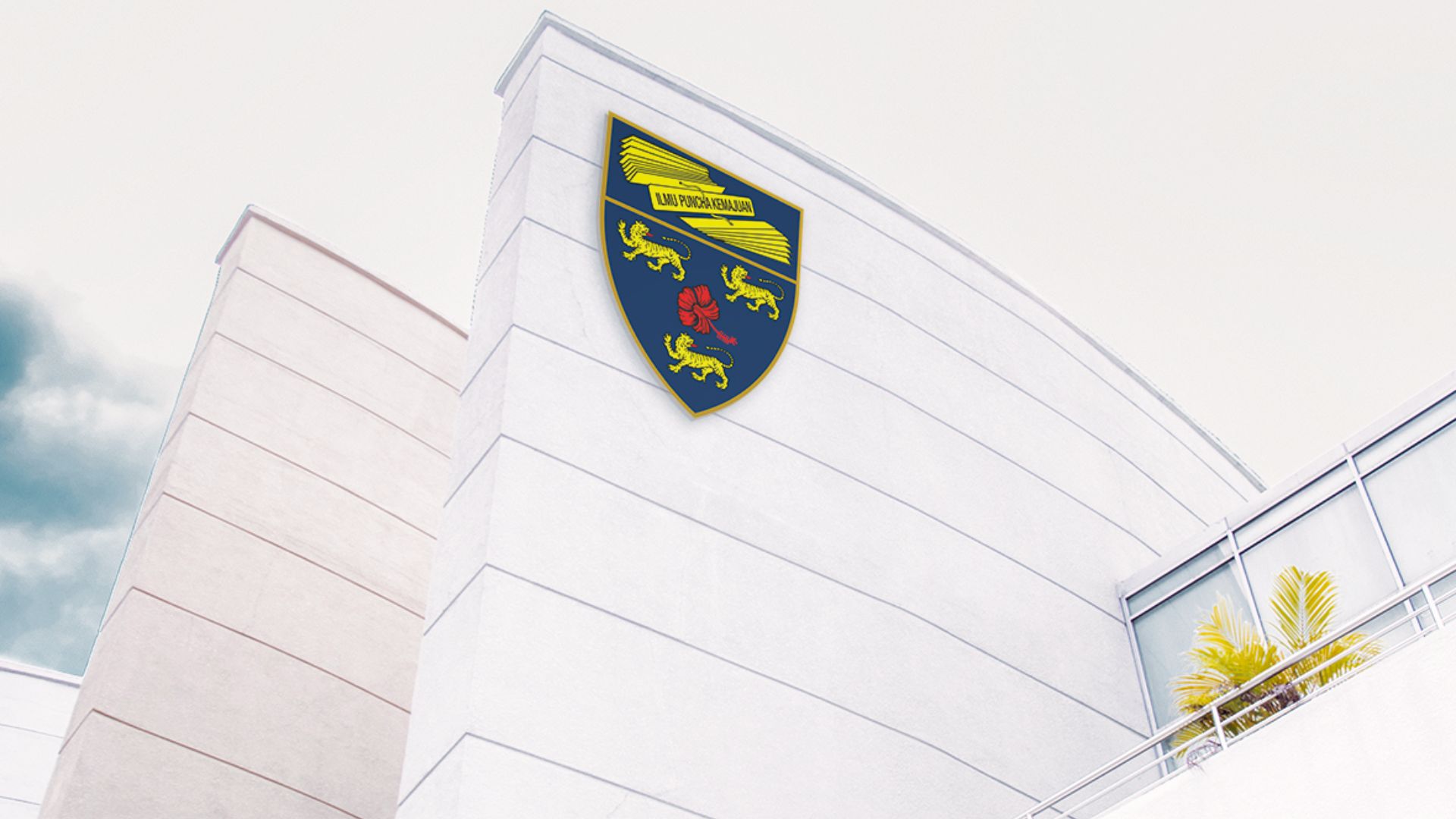How Does Knowledge Sharing Affect Employee Engagement?
Main Article Content
Abstract
Employee engagement has emerged as a hot topic among academics and scholars over the last decade since organisations worldwide have adopted that lingo. However, little is known about how knowledge sharing, one of the main resources for organisations to maintain their competitive advantages, would affect employee engagement. Therefore, the objective of this study is to assess the impact of knowledge sharing on employee engagement based on the social capital theory. Data was obtained via questionnaires distributed to 180 randomly selected academics of public and private universities in Malaysia. This study applies multiple regression models to examine how three dimensions of knowledge sharing, namely structural, relational and cognitive, affect employee engagement. The results show all three aspects of knowledge sharing significantly and positively affect employee engagement. Specifically, work environment, leadership, organisational policies, communication, training and career development, compensation and team and co-workers in the knowledge sharing context improve employee engagement. This study is among the first to examine how organisations can better utilise knowledge sharing to engage their employees at work, which in turn help the organisation attain and sustain competitive advantages. Therefore, the addresses of knowledge sharing and employee engagement in this study are important and deserve further enrichments by including other knowledge management practices in the models.
Downloads
Article Details
Submission of a manuscript implies: that the work described is original, has not been published before (except in the form of an abstract or as part of a published lecture, review, or thesis); that is not under consideration for publication elsewhere; that its publication has been approved by all co-authors, if any, as well as tacitly or explicitly by the responsible authorities at the institution where the work was carried out. Transfer of copyright to the University of Malaya becomes effective if and when the article is accepted for publication. The copyright covers the exclusive right to reproduce and distribute the article, including reprints, translations, photographic reproductions, microform, electronic form (offline and online) or other reproductions of similar nature.
An author may self-archive the English language version of his/her article on his/her own website and his/her institutions repository; however he/she may not use the publishers PDF version which is posted on www.ijie.um.edu.my. Furthermore, the author may only post his/her version, provided acknowledgement is given to the original source of publication and a link must be accompanied by the following text: The original publication is available at www.ijie.um.edu.my.
All articles published in this journal are protected by copyright, which covers the exclusive rights to reproduce and redistribute the article (e.g. as offprint), as well as all translation rights. No material published in this journal may be reproduced photographically or stored on microfilm, in electronic database, video disks, etc., without first obtaining written permission from the publishers. The use of general descriptive names, trade names, trademarks, etc., in this publication, even if not specifically identified, does not imply that these names are not protected by the relevant laws and regulations.
The copyright owners consent does not include copying for general distribution, promotion, new works, or resale. In these cases, specific written permission must first be obtained from the publishers.
